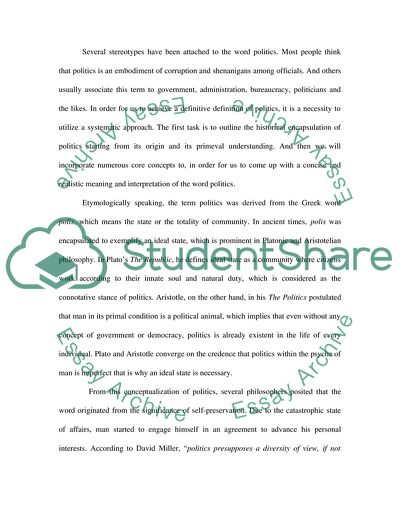Cite this document
(“What is Politics Dissertation Example | Topics and Well Written Essays - 3750 words”, n.d.)
Retrieved from https://studentshare.org/politics/1538552-what-is-politics
Retrieved from https://studentshare.org/politics/1538552-what-is-politics
(What Is Politics Dissertation Example | Topics and Well Written Essays - 3750 Words)
https://studentshare.org/politics/1538552-what-is-politics.
https://studentshare.org/politics/1538552-what-is-politics.
“What Is Politics Dissertation Example | Topics and Well Written Essays - 3750 Words”, n.d. https://studentshare.org/politics/1538552-what-is-politics.


